How To Support Liver Health With Detoxifying Foods
Imagine your liver as the body's gatekeeper supreme — silently clearing poisons, breaking down fats, and transforming nutrients into power that drives life. And still, despite playing such a crucial function, liver health is usually an afterthought until problems arise. While phrases like "detox foods" have been misused in advertising cleanses and teas, evidence-based nutrition shows that certain whole foods actually enhance the liver's natural detox function.
The Liver's Role in Detoxification
The liver is a jack-of-all-trades powerhouse with vital tasks:
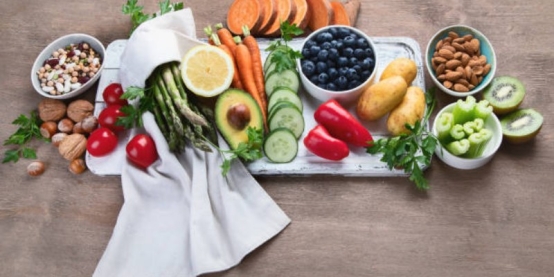
Detoxifying the bloodstream of toxins like alcohol and drug metabolites.
Breaking down fats, carbohydrates, and proteins into usable energy.
Producing bile to help digest and eliminate waste.
Shared Stressors That Overload the Liver are:
Excessive drinking of alcohol.
Processed foods that contain sugar or industrial fat.
Toxins and pollutants in the environment.
Frequent use of drugs without any medical supervision.
If the liver becomes stressed, signs can be fatigue, indigestion, confusion, jaundice, or abdominal discomfort.
Can Foods Really Detox the Liver?
Contrary to popular detox frenzy, no juice or tea cleanse made from herbs will "detox" the liver. The liver is already detoxifying itself. Some foods, however, contain nutrients that enhance how efficiently liver enzymes break down toxins, quell inflammation, and rebuild liver cells. Nutrients such as antioxidants, phytochemicals, and amino acids act as cofactors to these natural processes.
It is stated that foods don't "scrub" the liver but nourish it to operate at its best. According to the National Institute of Diabetes and Digestive and Kidney Diseases, diet plays a significant role in risk factors for liver disease, such as non-alcoholic fatty liver disease.
Top Detoxifying Foods for Liver Support
Cruciferous Vegetables
Broccoli, kale, and Brussels sprouts are full of sulforaphane, which boosts detox enzymes and aids in glutathione development. Sautéed cruciferous vegetables or adding them to smoothies are simple ways to get them daily.
Allium Family (Onions & Garlic)
These sulfur-rich foods boost liver enzymes that detoxify. Garlic also keeps cardiovascular health in check, with double benefits. Mix garlic into food dishes or onions into soups daily for liver protection.
Leafy Greens
Spinach, collard greens, and arugula contain chlorophyll, which traps toxins, and antioxidants that fight liver inflammation. They blend well into smoothies, salads, or stir-fry.
Citrus Fruits
Lemon, orange, and grapefruit offer vitamin C and naringenin, which are beneficial for the enzymatic pathways involved in detoxing and fat burning. Start the day with lemon water or consume citrus as a snack.
Beets & Carrots
Beets are a source of betaine that supports bile flow and reduces oxidative Stress, while carrots are carotenoid-rich and protect liver tissue. Roasted beets and soups made with carrots are excellent, nutritionally dense foods.
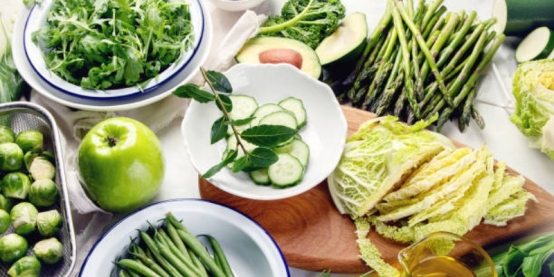
Turmeric & Ginger
The active compound turmeric curcumin is a potent anti-inflammatory and aids regeneration. Ginger supports digestion and circulation in detoxifying. Apply turmeric to roasted vegetables or ingest ginger tea.
Green Tea
Green tea catechins protect against liver fat buildup and inflammation. Substitute green tea for sweetened beverages for ongoing liver protection.
Nuts & Seeds
Walnuts, flaxseeds, and chia contain omega-3 fatty acids and compounds that enhance glutathione production. Munch on nuts or sprinkle seeds on oatmeal.
Legumes & Fibre-Rich Foods
Beans and lentils have fibre, which holds onto toxins in the gut and facilitates their elimination. The liver's burden is decreased with a fibre-rich diet.
Foods & Habits That Harm Liver Wellness
In keeping everything in check, it's equally essential to shun or reduce:
Excessive use of alcohol.
Refined carbs and sugary foods.
Ultra-processed foods that have a high amount of trans fats.
Uncontrolled use of painkillers or medications.
Smoking or exposure to toxins.
Lifestyle Habits That Maximise the Effects of Detox Diet Foods
Assisting liver function is more than diet:
Drinking Water: Assists in the elimination of byproducts, maintaining the detox system active.
Exercise: Increases circulation, burns fat, and prevents fatty liver buildup.
Sleep: Supports healing as the liver works overnight to rebalance.
Stress Reduction: Chronic inflammation caused by too much Stress weighs down the liver.
Toxin Awareness: Choose organic produce where possible and minimise exposure to harsh chemicals.
Practical Ways to Incorporate Detoxifying Foods Daily
Here’s how to add supportive foods without overhauling everything:
Add leafy greens to morning smoothies.
Snack on citrus between meals.
Use garlic and ginger when cooking staples.
Roast cruciferous vegetables for dinner.
Drink green tea instead of soda.
Sample One-Day Liver-Supportive Meal Plan:
Breakfast: Lemon, kale, and chia seed green smoothie.
Lunch: Lentil stew with turmeric and carrot.
Snack: Grapefruit and walnuts.
Dinner: Roasted salmon with broccoli and beet salad.
Hydration: Green tea and water throughout the day.
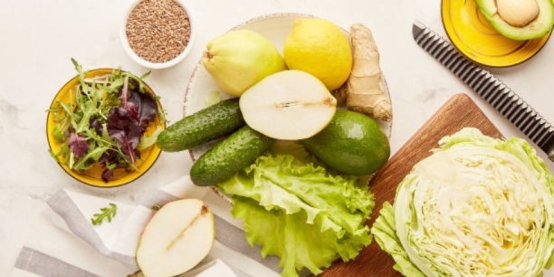
Medical Considerations & When to Seek Professional Help
Food can play a supportive and preventive role in liver disease prevention, but not in the treatment of advanced liver disease. See a doctor if there are signs of jaundice, persistent fatigue, long-term gastrointestinal issues, or abnormal results from liver function tests. As the American Liver Foundation tells us, illness like hepatitis, cirrhosis, or severe fatty liver disease needs to be treated by medical means other than dietary measures.
Most Asked Questions
Do "detox teas" work? There is no scientific evidence to support the existence of liver-cleansing detox teas. All such assertions are marketing.
Can fasting detox the liver? Short-term fasting may lower liver fat, but severe or prolonged fasting harms metabolic homeostasis.
How quickly do foods supporting the liver act? Effects take place cumulatively. Alimentary habits have measurable effects after weeks to months.
Can foods undo alcohol damage? They can delay harm further and help to heal, but reversing advanced liver harm requires medical intervention and alcohol abstinence.
Getting the Best Out of Liver Detoxifying Foods
The liver functions constitutionally to detoxify, but it thrives when fed nutrient-rich foods, active lifestyles, and reduced toxin exposures. Incremental, gradual changes — which include adding cruciferous vegetables, citrus fruits, green tea, or fibre-containing legumes — are more long-term than sudden cleanses. Eating whole foods first promotes the liver to become healthier, stronger, and better equipped to deal with the challenges of daily life.
Sources
National Institute of Diabetes and Digestive and Kidney Diseases
Related Posts
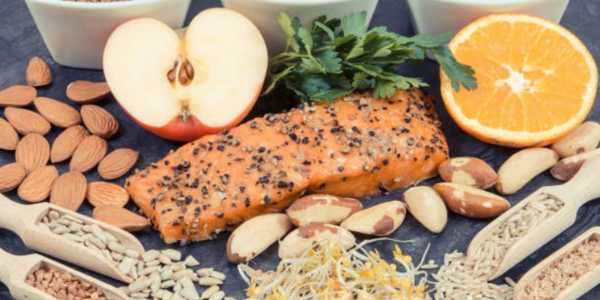
How To Support Thyroid Health With Nutrition

21 Best Road Trip Snacks to Satisfy Your Hunger

The Ultimate Guide To The Ketogenic Diet For Beginners
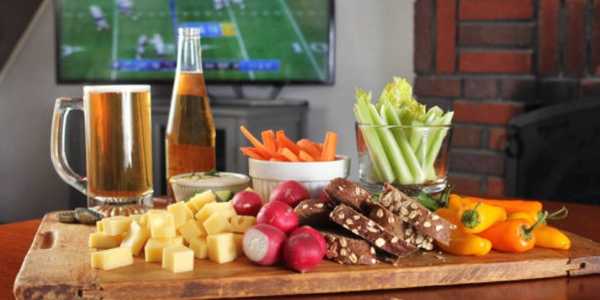
Super Bowl Party Appetisers: The Ultimate Game Day Guide
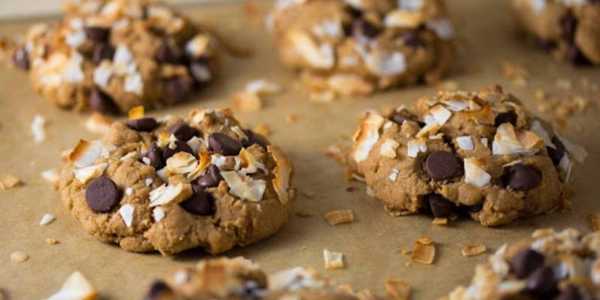
Vegan Sugar Cookies: Simple Recipes for Soft, Chewy Treats
